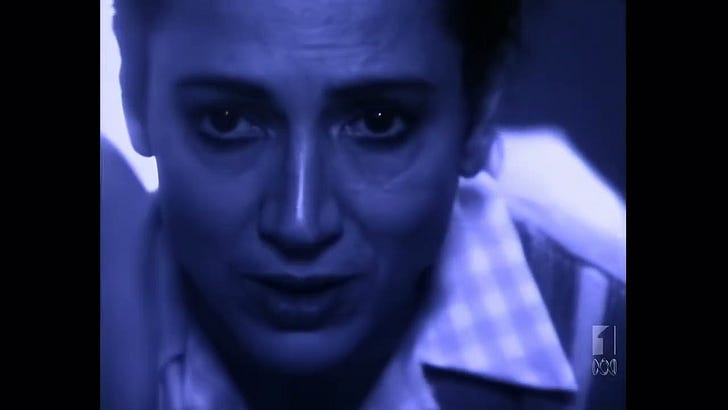Welcome to the 1989 project, where each month we’ll start with a Taylor Swift song from her 2014 album 1989 and leap from that to music that was released or charted in the year 1989.
The opening track from 1989 is “Welcome to New York” - a triumphant anthem about dancing in the lights of this famous city. Here’s the meat of the song - and its darkest lyr…
Keep reading with a 7-day free trial
Subscribe to All Kinds Musick to keep reading this post and get 7 days of free access to the full post archives.




